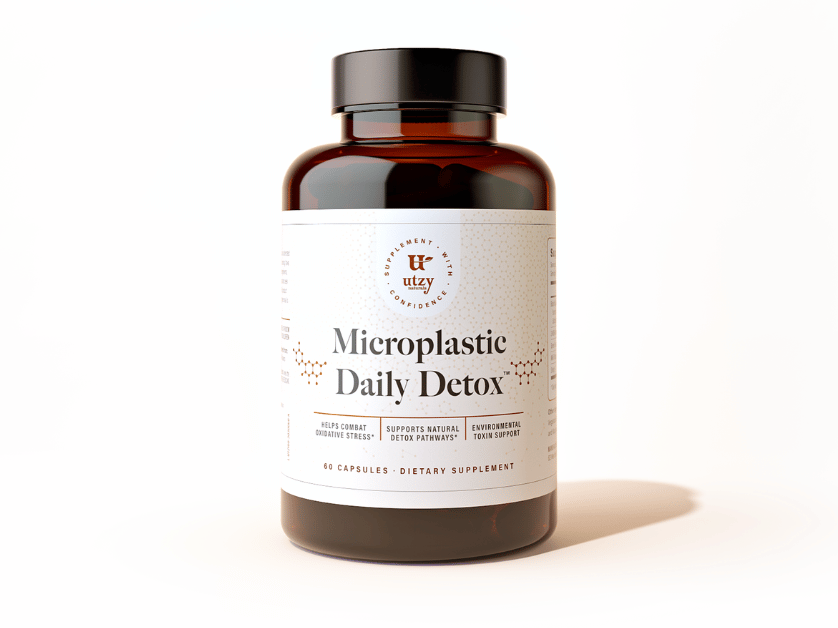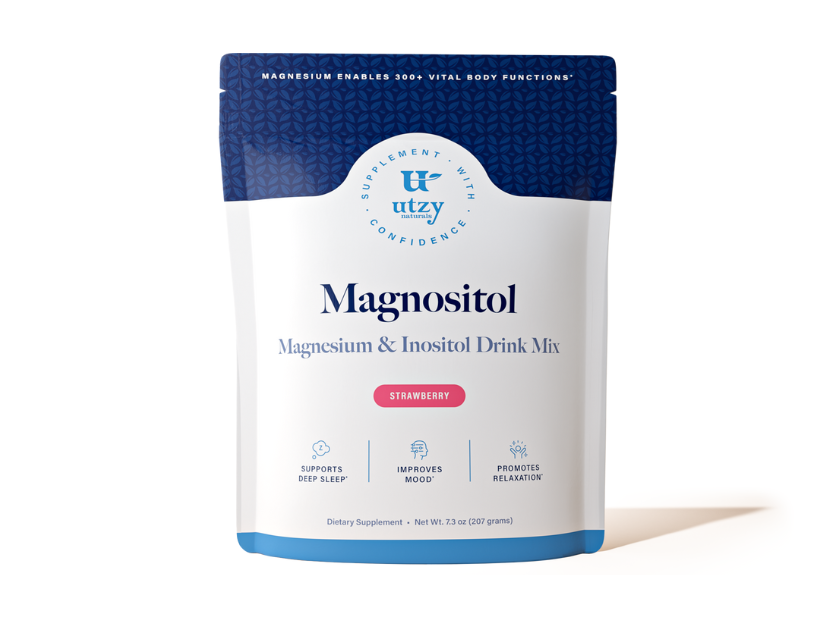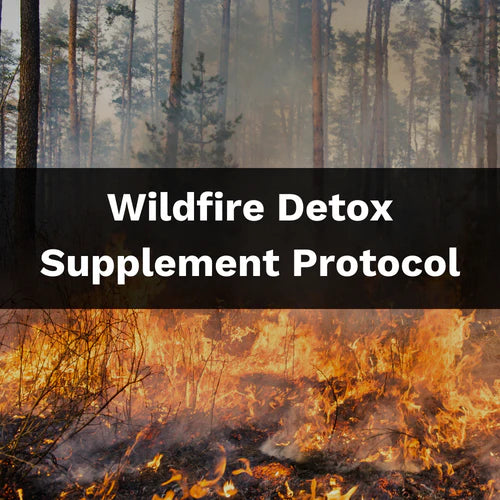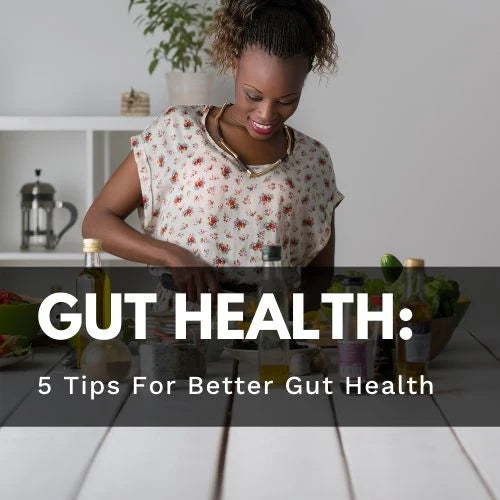shop
learn

Six Ways to Reduce Your Toxic Load
May 22, 2023 4 min read
From the foods we eat, to the body products we use, to the water we drink, to the products we clean our homes with (1).
Toxins can be detrimental to our health for many reasons.
For example, pesticides in food and parabens found in many body products may promote developed health issues.
Exposure to phthalates has been linked with obesity, changes in sex hormones, reduced fertility, and allergy and asthma symptoms (2, 3, 4).
It’s impossible to avoid toxins completely, but there are plenty of ways to help reduce your exposure to them.
Follow these six ways to reduce toxins today.
1. Eat Organic When Possible
Buying organic vegetables and fruits can help reduce exposure to pesticides.
If you aren’t able to switch to 100% organic, choose organic for produce found on the “Dirty Dozen” list.
This is a list from The Environmental Working Group (EWG) that contains the non-organic produce that has been tested highest in pesticide residue.
Although the 2019 list has not come out yet, the produce listed on the 2019 Dirty Dozen list includes (5):
If you plan on buying any of the fruits and veggies on the Dirty Dozen list, make sure to buy the highest quality versions that you can find
2. Read Nutrition Labels
Many processed foods can contain added preservatives and chemicals to help increase shelf life.
Therefore, reading ingredient lists on products can be very helpful when trying to reduce toxins.
Although this is not a comprehensive list, avoid buying products that contain these common additives (6, 7, 8, 9):
•Trans fats: Trans fats are not always clearly labeled, and are often disguised as other words such as “partially hydrogenated” or “hydrogenated” oils.
•Vegetable Oils: Although these may sound healthy, these oils are often highly refined and should be avoided. Vegetable oils include canola oil, soybean oil, corn oil, sunflower oil, and safflower oil.
•Sodium nitrates: A preservative used in meat products and may increase risk for certain health conditions. Look for products that don’t contain “sodium nitrates” in the ingredient list.
•High Fructose Corn Syrup: An artificial sugar used to sweeten many food products. It is easily stored as fat in the body and can be associated with weight gain.
•Monosodium Glutamate (MSG): This is a flavor enhancer added to canned vegetables, soups, meats, and Chinese food. Intake of MSG may be linked to symptoms such as numbness, heart palpitations, chest pain, headache, and weakness.

3. Drink More Filtered Water
Water is essential for our health and can help flush out toxins in the body.
To make sure you are drinking enough water, aim to drink at least half of your body weight in ounces of water each day.
And don’t forget to use filtered water, because some tap waters may contain contaminants.
In fact, the Environmental Protection Agency found that about 85% of the population was drinking tap water that contained over 300 contaminants.
That’s why it’s best to filter your water with a water filtration system such as a water pitcher, countertop filter, or install a filtration system in your home (10).
4. Cut Out Plastic
Plastic is the go-to material for many products such as kitchen equipment and storage, toys, bags, and water bottles.
Not only is it harmful for the environment, it can also leach toxins into your food and skin.
Below are some tips to help reduce your plastic use:

5. Check Your Body/Beauty Products For Toxins
Body products are poorly regulated and often contain toxins that have never been tested for safety. Avoid using body products that contain these common toxins:
We love Tanna Beauty + Wellness, a company that makes all-natural, raw beauty products.
6. Use Better Cleaning Products
Cleaning products don’t have to disclose what ingredients they contain, which means that the products you use to spray, wipe and scrub with could contain potentially harmful toxins (11).
Replace toxic cleaning products with things like white vinegar, baking soda, borax, castile soap or essential oils.
Check out these recipes for some DIY cleaning products recipes.
Conclusion
Although toxins cannot be completely avoided, you have the power to decrease them from the foods you eat, to the body products you use.
Try incorporating these six ways to reduce toxins and live a healthier lifestyle!

References:
Leave a comment
Comments will be approved before showing up.
Also in Health
Subscribe
Sign up to get the latest on sales, new releases and more …
Join the Utzy Naturals Club!
Sign up and get the latest on sales, new releases, and more...







